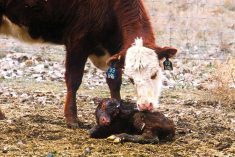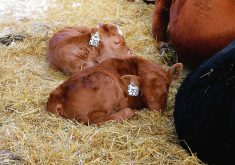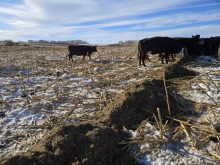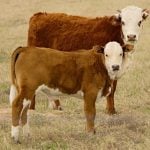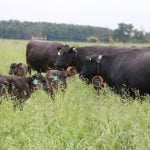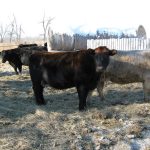Dr. Allan Preston has made the rounds in the livestock sector.
His resume includes a long tenure as a rural veterinarian and roles in provincial and national cattle associations. In 2024, he received a lifetime achievement award from the Manitoba Beef Producers.
He served as chief veterinary officer for the province, and later as assistant deputy minister in the agriculture department. When the governments of Manitoba and Canada wanted to crack down on bovine tuberculosis in Riding Mountain National Park, Preston was the one they tapped to co-ordinate eradication efforts.
Read Also
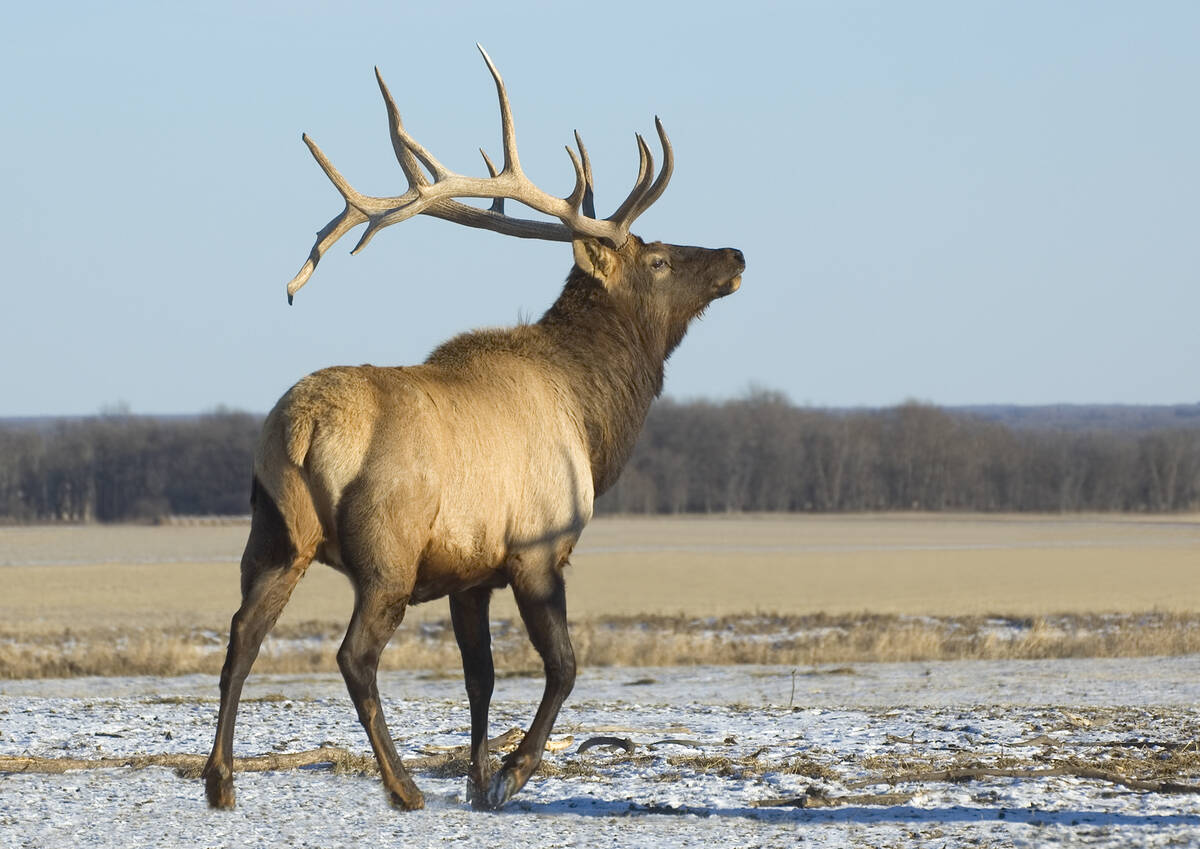
Manitoba Beef Producers take aim at elk surge, feed losses from wildlife
Resolutions at last month’s Manitoba Beef Producers meeting seek help to rein in elk and deer populations, expand fencing supports and improve compensation for wildlife damage.
This year, that impressive resume helped earn him a spot among this year’s round of Manitoba Agricultural Hall of Fame inductees.
Why it matters: Four Manitobans, including Dr. Allan Preston, were added to the Manitoba Agricultural Hall of Fame in 2024.
Preston was inducted to the hall July 17 during a ceremony at the Red River Exhibition Park in Winnipeg. An advocate for agriculture and veterinary medicine, he was lauded for his work advancing agriculture, promoting rural vitality and supporting the well-being of livestock and the farmers who care for them through the decades of his lengthy career.
“I’m honoured by the presentation, but probably more importantly, humbled by the nomination,” he said. “There’s a tremendous number of very outstanding people that are in that hall.”
Rural beginnings
Growing up in Hamiota in western Manitoba, Preston eventually earned himself a slot at the Western College of Veterinary Medicine in Saskatoon. Upon graduation, vet credentials in hand, he returned to his home town, joining the Hamiota area’s rural veterinary practice and working alongside his father on the family farm.
During this time, Preston immersed himself in local initiatives. The 4-H program, in particular, has had a big impact on who Preston is today and what he has been able to achieve, he said.
“I wasn’t a 4-H member in the usual sense of most people. I became involved in 4-H when my kids became of age. So, my contributions there were…being a parent, starting with becoming a leader and, over time, going on to join the 4-H council, the Manitoba 4-H Foundation, (those) sorts of things.”
The fact that Preston’s nomination for the award came from the Hamiota 4-H Club is just icing on the cake, he said.
Industry impact
Preston has actively participated in various industry organizations, including a period as president of the Canadian Simmental Association. He was also involved with the Beef Science Cluster Advisory Body and the Westman Opportunities Leadership Group.
Preston’s eventual jobs with the provincial agriculture department, spanning from chief veterinary officer to assistant deputy minister, also helped him make an impact in the agricultural industry.
“One of the biggest things that has guided me throughout here is looking to the health and welfare of the livestock and protecting those we’re looking after,” he said. “By the same measurement, looking after the keepers of the livestock, the farmers, and their interests, the efforts they put into the job—that’s crucial.”
In his capacity as assistant deputy minister, Preston chaired the Manitoba Agriculture Research and Innovation Committee and contributed significantly to research-oriented groups such as the Manitoba Forage and Grasslands Association, where he helped co-chair their Aquanty hydrological modelling project, and the Bovine Tuberculosis Management Group. His efforts as bovine tuberculosis co-ordinator and chair of the Assiniboine River Basin Initiatives involved addressing critical challenges that impacted the health of the agriculture industry and the broader community.
Changes
The veterinary medicine landscape has changed drastically since Preston began his career. Today, there are veterinarian shortages all across the country, and a greater focus on companion animals over livestock at many practices that has further reduced care options for many producers.
To improve the veterinary field and to ensure its future success, Preston believes structural change and a balanced approach are needed to meet the growing demand for veterinary services.
“It’s impossible to snap your fingers and make these things change. There’s a whole range of myths and pieces being looked at that will contribute to a healthier veterinary medical place,” he said.
Preston doesn’t believe Manitoba needs it’s own veterinary college, since he says the problem facing the industry is more about distribution of veterinarians.
“We don’t necessarily have a full-blown shortage,” he said, adding that supporting new graduates and encouraging them to enter and remain in rural practices is crucial.
“The more appropriate approach is to encourage students graduating now to go into rural practices and stay in rural practice.”
Looking ahead, Preston plans to stay active in the industry through advocacy efforts.
“It’s an honour to have this (award),” he said. “I’ll spend the rest of my days doing as much as I can to kind of help the professional along.”






